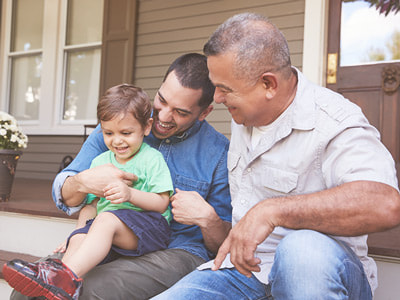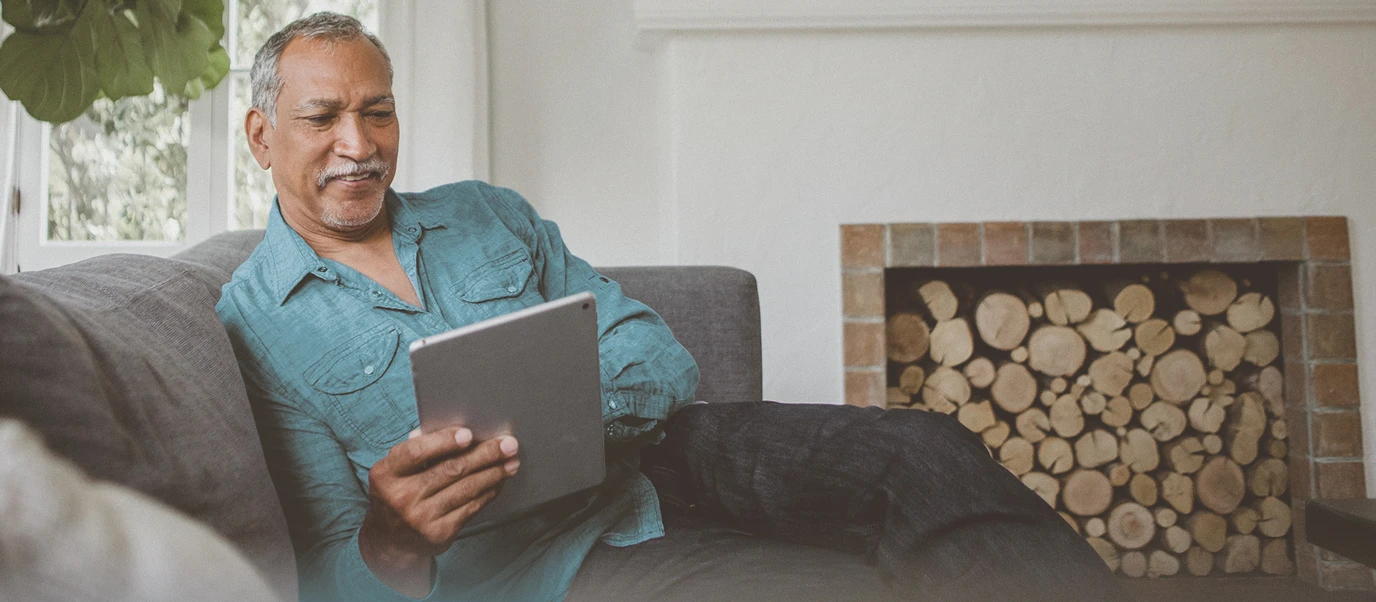Guns and other weapons can be found in about 50% of households across the country. Usually, their presence creates no problems for responsible gun owners and others in a household. When someone in the home has been diagnosed with mild cognitive impairment (MCI) or dementia, however, firearms pose a very real risk for harm. For example, as the disease progresses, the person may not recognize someone he or she has known for years and view him or her as an intruder. Even relatively early in the disease, this can easily happen if the person is suddenly awakened. With a gun accessible, the result can be disastrous. This is true even if the person has extensive experience with firearms; safe use of firearms requires complex cognitive abilities and quick decision-making skills, both of which may be altered by MCI or dementia.
Consider the following to help reduce risk:
- Removing all firearms from the home is the surest way to protect a person living with MCI or dementia from unwittingly doing damage with a gun. Family members sometimes attempt to hide or lock up their firearms or ammunition to prevent the person living with dementia from accessing them. Experience has shown, however, if people living with dementia misperceive a situation and feel threatened (even if no threat exists), they may do whatever seems necessary to protect themselves. These actions can include breaking into gun cabinets and finding ammunition to load guns.
- Bear in mind that others, including law enforcement, usually cannot tell from a distance whether a gun is unloaded or disabled. Even unloaded guns can put individuals living with MCI/dementia in danger by causing others to react.
- Have an open discussion among family members about all weapons in the home (including collectibles, war souvenirs, hunting equipment and any other type of firearm). Develop a plan for what to do with guns or other weapons.
- Framing such discussions in terms of decisions about inheritance and/or who else in the family might appreciate the firearms and want to take care of them “for now” can be helpful.
- Some families opt to sell some valuable items that are no longer used to help pay for care or for something special like a trip.
- Consider requesting the support of a trusted friend or authority figure that is knowledgeable about the critical safety issues. Clarify ahead of time that they are in full support of removal of the weapons from the home.
- Be prepared to remove the weapons immediately upon the person’s agreement.
- If there is no consent to remove the weapons, removal may need to be done against the person’s wishes and should be done while he or she is out of the house. In this case, it is best to remove any other items (ammunition, racks, showcases, etc.) that remind the person of the guns.
- Continue to support the person by acknowledging their feelings about the loss of the firearms and remaining firm in the decision that they cannot be in the home.



